Keywords: Australian Government
There are more than 200 results, only the first 200 are displayed here.
-
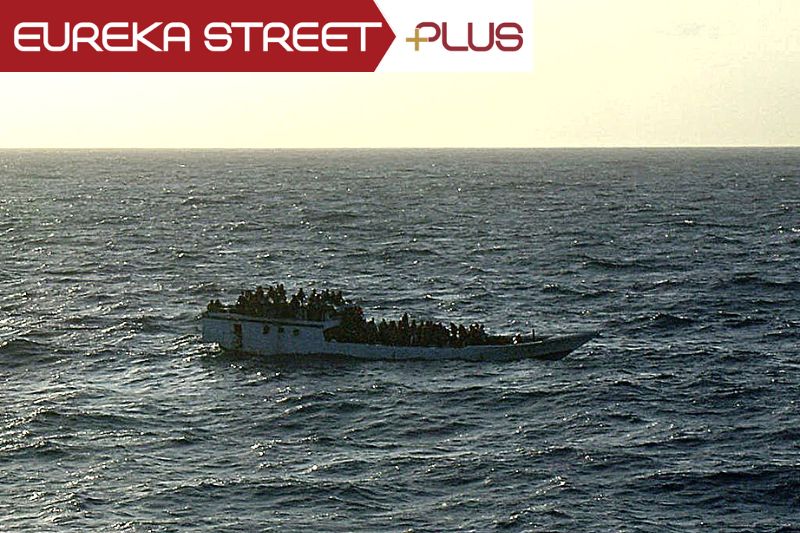
AUSTRALIA
- Kerry Murphy
- 04 January 2024
Throughout recent decades of Australian history, the stance every government has taken on asylum seekers has reflected the shifting political landscapes and challenging humanitarian issues that have continually shaped Australia's response to those seeking refuge.
READ MORE 
-
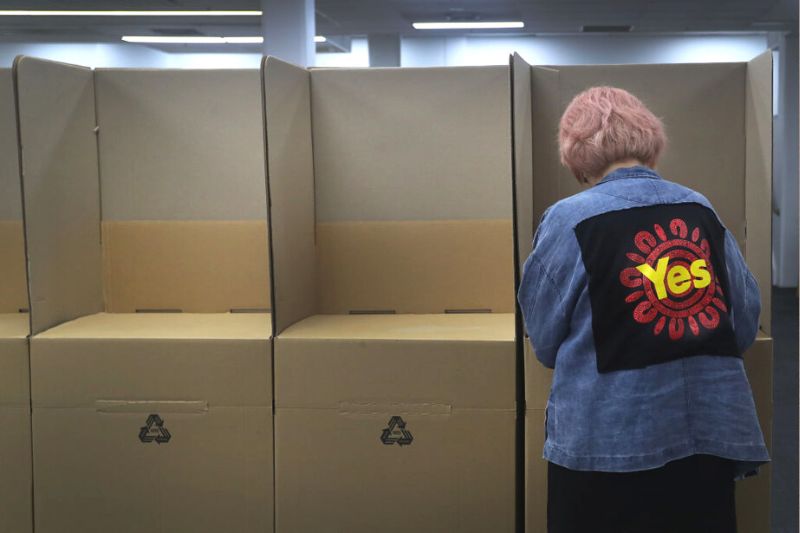
AUSTRALIA
- Joel Hodge
- 04 January 2024
The Australian Indigenous Voice referendum has been rejected, as anticipated by many, with the meaning and consequences now up for debate. This debate may be as crucial as the referendum debate itself to determining the future of reconciliation and what it means to be Australian in the 21st century.
READ MORE
-
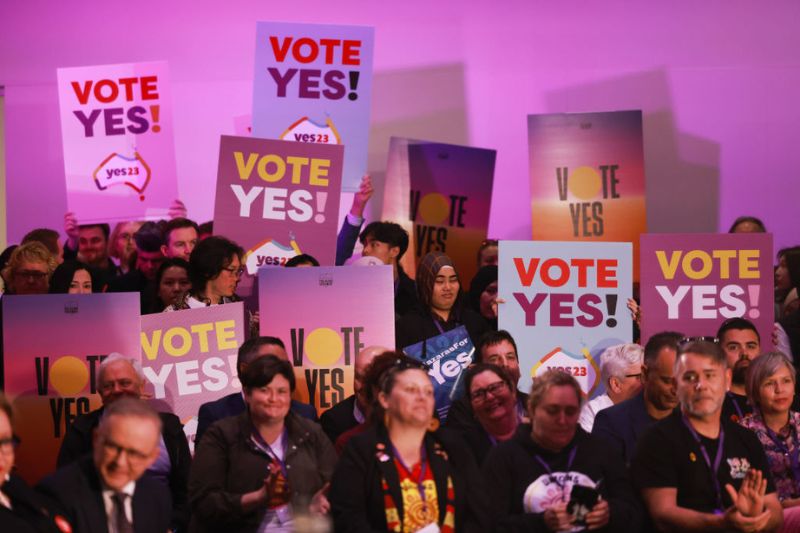
AUSTRALIA
- Frank Brennan
- 04 January 2024
As Australia approaches a pivotal referendum, voters face a critical choice: endorse a new chapter in the Constitution providing a 'First Nations Voice' or leave it untouched. Whichever way the vote goes, we will be left with a Constitution not fit for purpose in the 21st century.
READ MORE
-
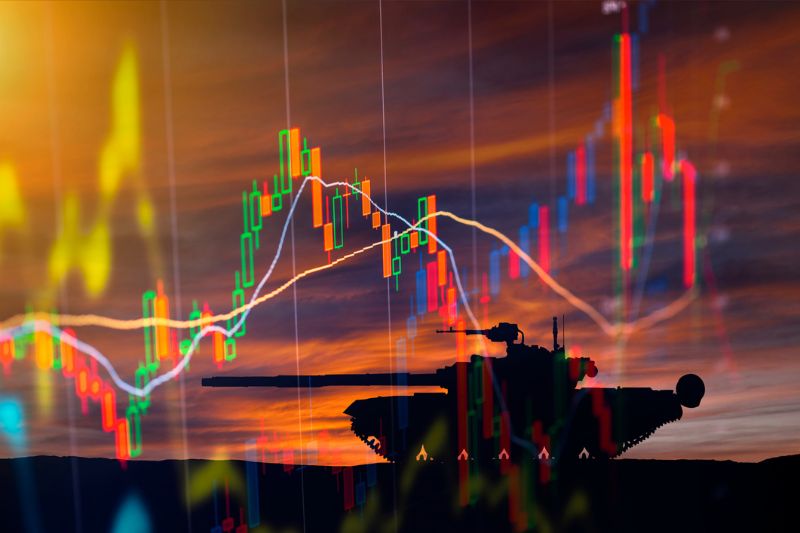
ECONOMICS
- David James
- 04 January 2024
From Moscow to Beijing, a change in global finance looms, set to challenge the long-standing economic hegemony. This imminent shift could redefine global power structures, disrupt currency markets and international trade. Amidst this uncertainty, one thing is clear: the game of geopolitical chess is no longer played on a Western-centric board.
READ MORE
-
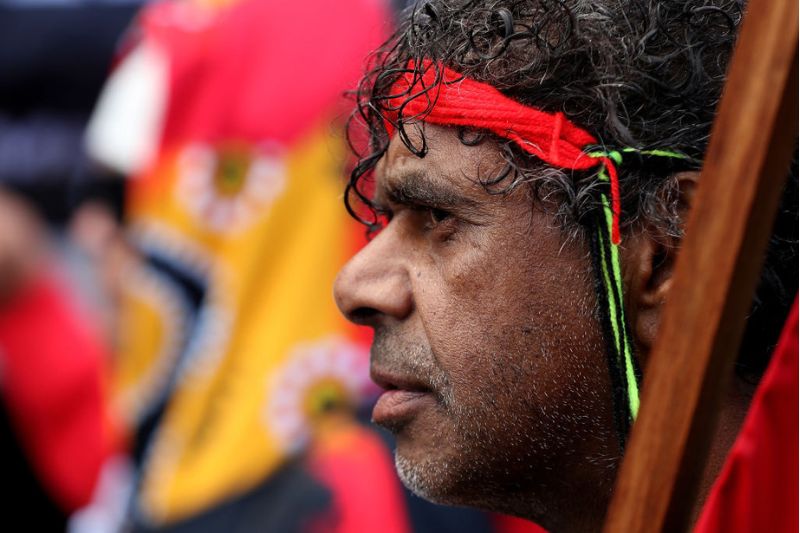
AUSTRALIA
- Celeste Liddle
- 04 January 2024
Later this year, Australians will vote on a referendum to enshrine an Indigenous Voice to Parliament, but many Indigenous Australians remain undecided, reflecting the complexities of the issue. The debate over the Voice to Parliament extends beyond the referendum question to encompass broader concerns about the constitution, treaties, and achieving true equality.
READ MORE
-
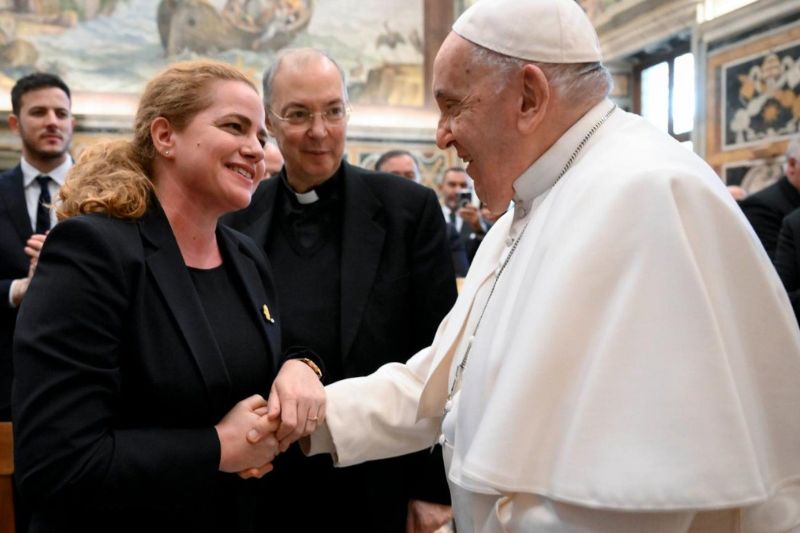
AUSTRALIA
- David Halliday, Michael McVeigh, Laura Kings, Michele Frankeni, Andrew Hamilton, Julian Butler
- 21 December 2023
10 Comments
To close the year for Eureka Street, the editorial team wanted to nominate who we considered to be the Eureka Street ‘person of the year’ based on this year's newsmakers.
READ MORE
-
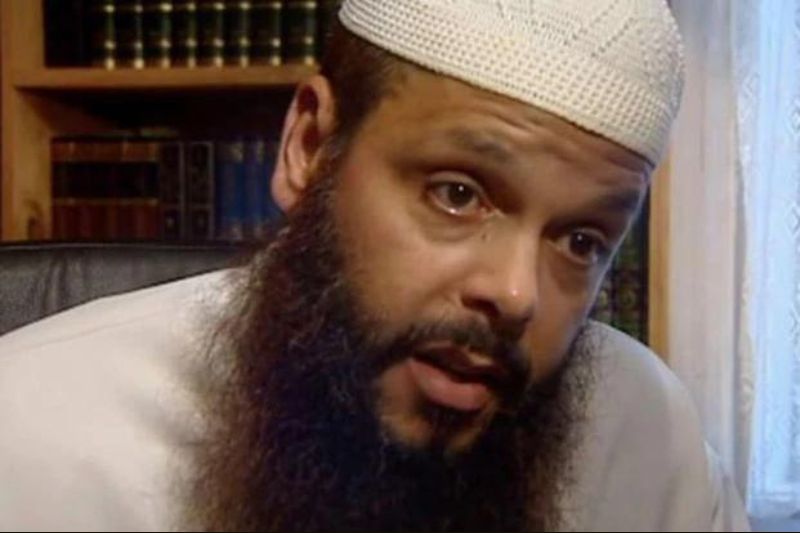
AUSTRALIA
- Kerry Murphy
- 19 December 2023
3 Comments
Accusing someone of being ‘un-Australian’ is easily done, but what crimes or potential threats to the security and safety of Australians should trigger the practice of stripping someone of their citizenship?
READ MORE
-
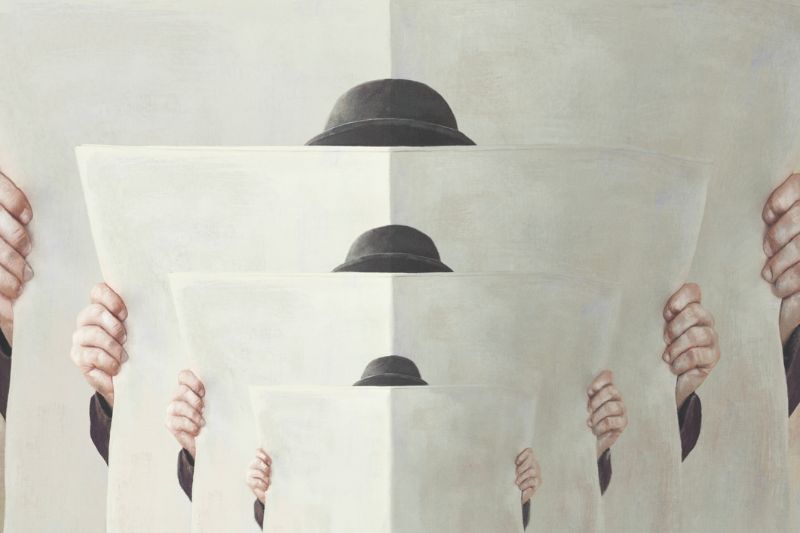
MEDIA
- Jeremy Clarke
- 14 December 2023
1 Comment
Can a journalist responsibly undertake impartial reporting while receiving benefits? For an industry founded on the principle of publishing with neither fear nor favour, the acceptance of favours has possibly outweighed journalistic responsibility towards an Australian public seeking objective knowledge.
READ MORE
-
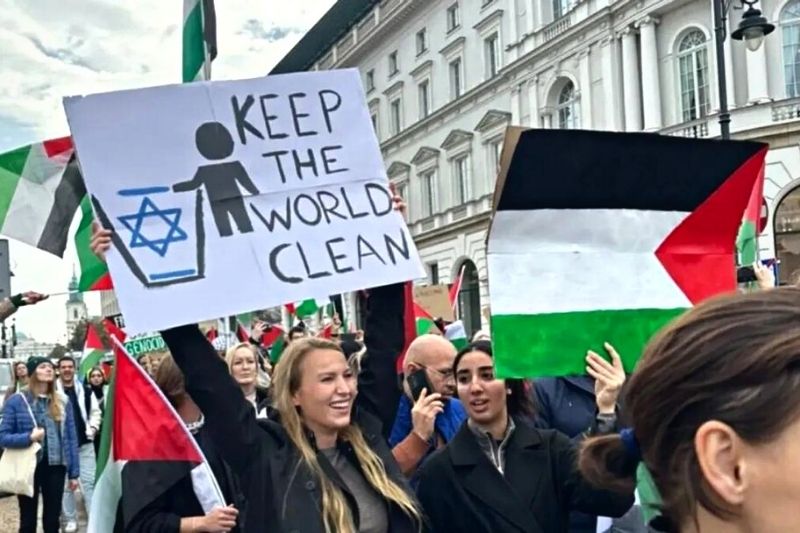
INTERNATIONAL
- Andrew Hamilton
- 14 December 2023
15 Comments
In Western societies, antisemitism is particularly noxious. To be understood, however, it needs to be precisely defined and set in the in the broader context of antipathy on racial, religious and other grounds.
READ MORE
-

AUSTRALIA
- John Falzon
- 14 December 2023
4 Comments
No doubt there were some who genuinely believed that privatising employment services would result in better services at a lower cost to the public purse. But the engineers of the socially destructive projects of the neoliberal era knew very well that they were more likely to result in the enrichment of some to the detriment of many.
READ MORE
-
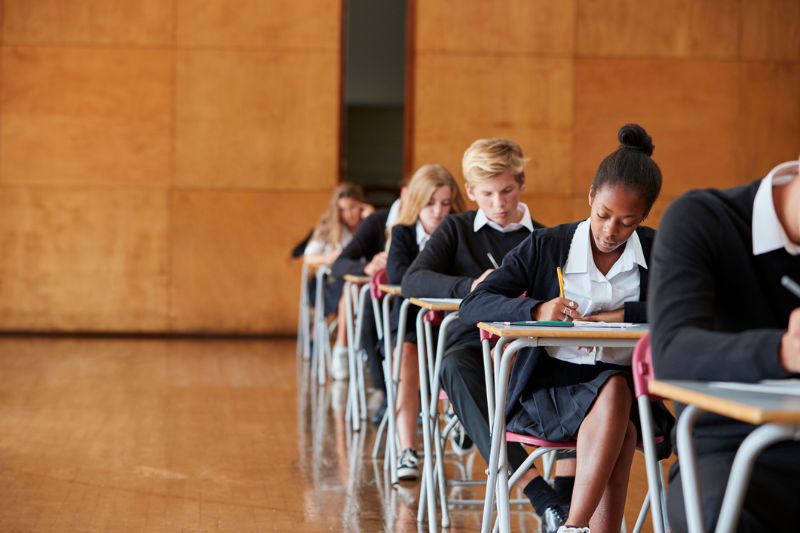
EDUCATION
- Erica Cervini
- 13 December 2023
3 Comments
As Australian students receive their year-end academic results, a stark educational divide comes into focus, with high-fee-paying private and selective government schools leading the ranks. This trend highlights significant socio-economic disparities across the country, raising urgent questions about the accessibility and true cost of academic excellence in a nation grappling with inequality.
READ MORE
-
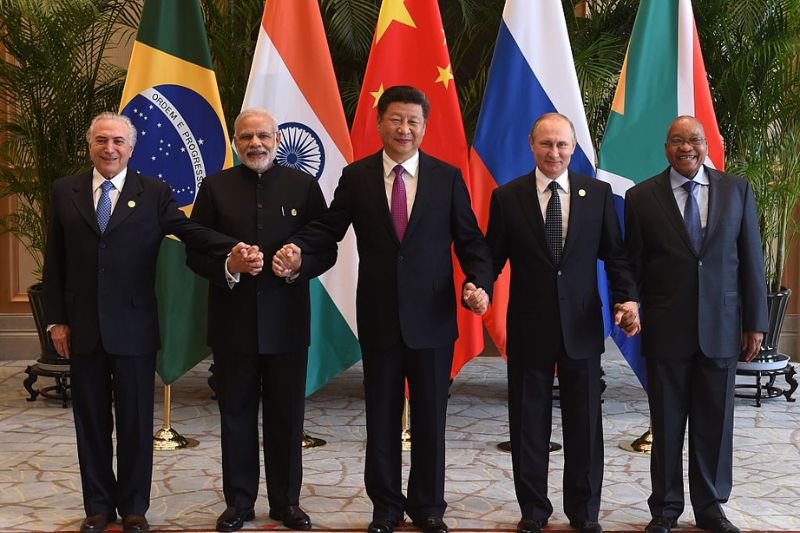
INTERNATIONAL
- David James
- 13 December 2023
1 Comment
As the world thawed post-Cold War, a debate raged over global supremacy, with Western powers predicting a unipolar world dominated by liberal democracy. Contrarily, others envisioned a future shaped by cultural and religious divides. In a shifting geopolitical landscape, the echoes of this debate continue to challenge long-held assumptions on global power dynamics.
READ MORE